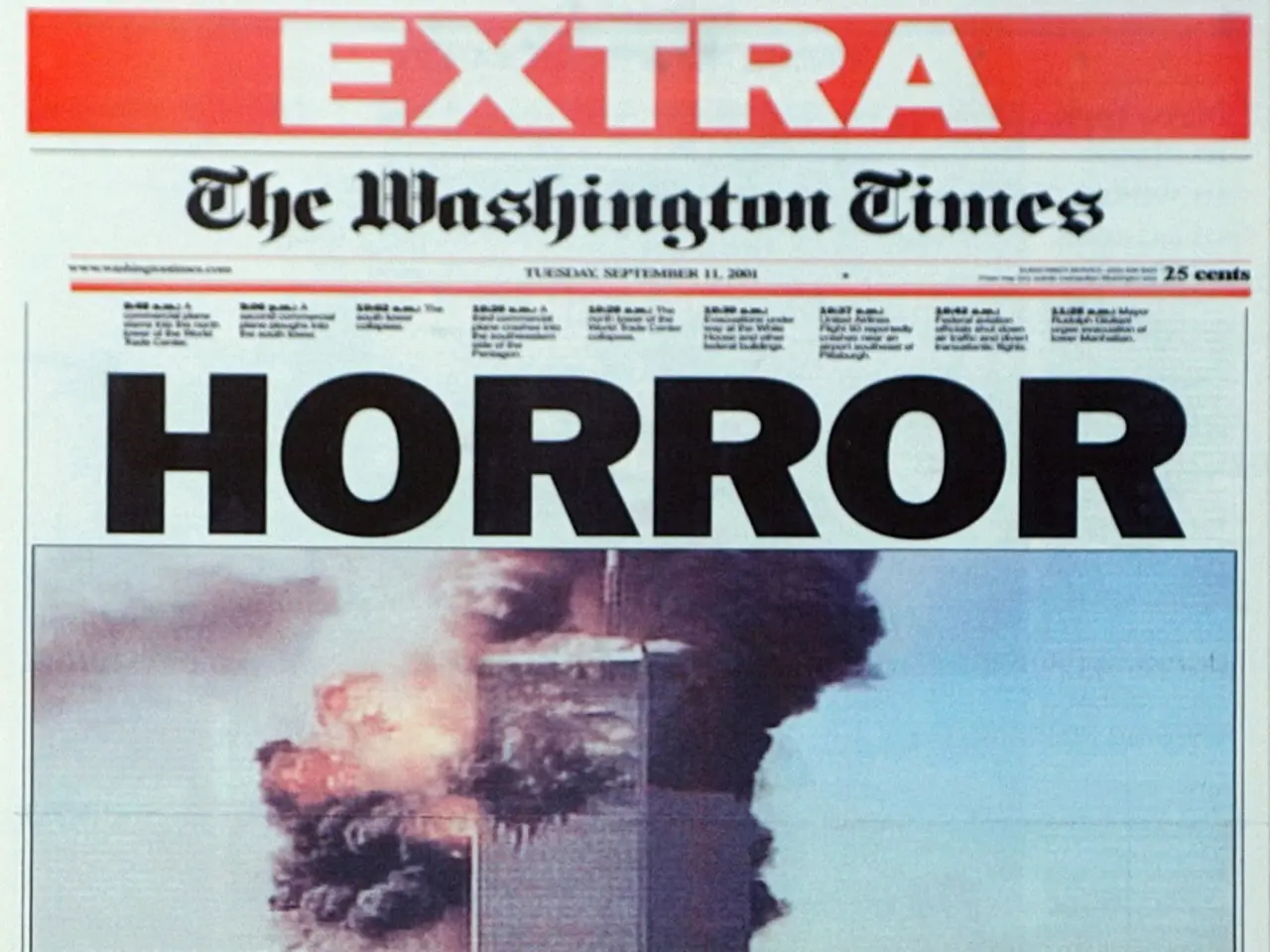India's pursuit of peace showcased through Prime Minister's podcast episode
Prime Minister Narendra Modi's global approach emphasises India's strategic autonomy and multi-alignment, aiming to balance relationships with major powers such as the U.S., Russia, and China. This approach reflects a nuanced diplomacy that prioritises India's national interests amid global uncertainties such as the Ukraine war and shifts during Donald Trump's second term.
Regarding the second term of Donald Trump, the relationship with the U.S. experienced complexities. Trump's administration applied pressure on India over trade issues and took a personal skeptical view of India, which complicated cooperation. Trump's inconsistent stance on China, including attempts at détente, also weakened the strategic convergence that had sustained Indo-U.S. ties. This created challenges for Modi's government, which maintains the importance of robust ties with both the U.S. and Russia, despite tensions arising from sanctions on Russia amid the Ukraine war.
In the context of the Ukraine war, India under Modi has maintained a careful diplomatic balance. India refrains from fully aligning with Western sanctions on Russia, preserving its longstanding ties with Moscow while engaging with Western powers. Modi’s India calls for reforms in global governance institutions like the UN Security Council, seeking a greater voice for India and other rising powers amid the conflict-driven shifts in global order.
On relations with world leaders, Modi has pursued pragmatic engagement with China, demonstrated by his first visit to China in seven years at the SCO Summit in 2025, signaling efforts to stabilise ties and build a roadmap for peace. Modi balances relations with multiple actors through multi-alignment, engaging not just with the U.S. but with Russia, China, Europe, and others to enhance India’s global stature. Domestically and globally, Modi pushes for India’s recognition as a global leader and rightful permanent member of the UN Security Council to reflect its growing power and strategic autonomy agenda.
Tensions on the border between India and China have subsided after the meeting. Modi's vehicle for outreach to the people in the age of social media is through podcasts, where he spoke freely about his past, his journey from abject poverty to political power, and his introspection in the Himalayas and time spent at his father's tea shop. Modi's podcasts offer more than just glimpses of India’s Prime Minister and his worldview, providing insights into his diplomatic approach and strategic vision for India's place in the world.
The growing significance of what Modi has to say is due to the changed global geopolitics and geoeconomics with Donald Trump's second term. The podcast, hosted by a right-wing podcaster, reflected Modi's political background, while Trump's posting of the podcast on his media handle potentially indicated a mutual esteem between the two leaders. It is 60 years since Pakistan declared its second war on India in 1965, and things haven't changed much on the diplomatic front since then. Modi denigrated the approach of Pakistan's leaders as opposed to the people who may wish to live in peace, while expressing a sneaking admiration for a resilient and stronger Trump. Modi did not reveal much new about his relationships with other world leaders, but his quest for world peace aligns with the nation's objectives, given India's cultural heritage and long role in advocating peace.
In summary, Modi’s global geopolitical outlook is marked by strategic autonomy, multi-alignment, and diplomatic dexterity to safeguard India’s interests amid a fragmented and evolving global order shaped by Trump's ambivalent U.S. policies and the repercussions of the Ukraine conflict. Modi's approach resists being pigeonholed into any single bloc, reflecting a nuanced diplomacy that prioritises India’s national interests amid global uncertainties.
- The United States' second term under President Donald Trump presented complexities in India's relationship, as the administration's policies and personal skepticism towards India complicated cooperation and weakened the strategic convergence that had previously sustained Indo-U.S. ties.
- In the realm of war, conflicts, policy, and legislation, Modi's India call for reforms in global governance institutions like the UN Security Council, seeking a greater voice for India and other rising powers amid the conflict-driven shifts in global order, maintaining a careful balance despite tensions arising from sanctions during the Ukraine war.








